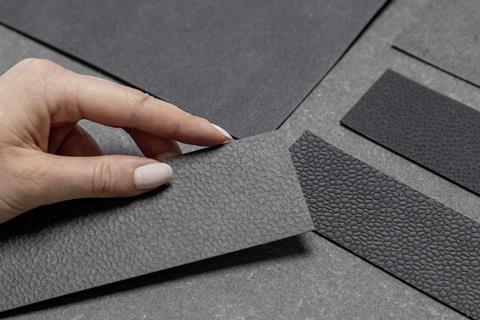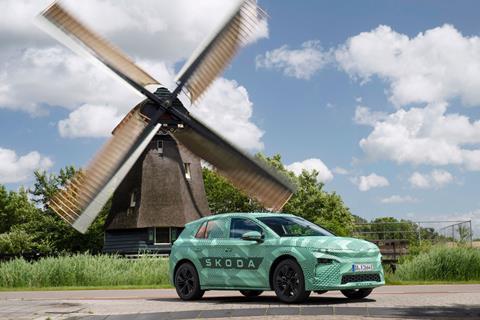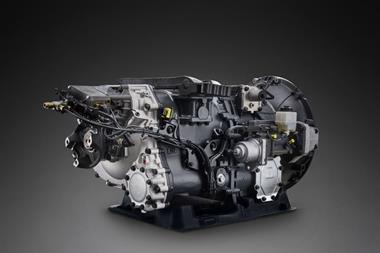Volkswagen will work with Revoltech to develop sustainable bio-based leather alternative made from industrial hemp.

VW says the aim of the research with the startup company is to develop sustainable surface materials for the automotive sector. The focus will be on using 100% bio-based hemp, sourced from residues from the hemp industry, to create a single-layer surface, leather alternative material, which is leather-free, oil-free, vegan and residue-based (LOVRTM).
The OEM says this will support a circular economy approach to materials sourcing and application, with LOVRTM being locally sourced using byproduct from other processes, which can be recycled or composted at the end of its service life.
Kai Grünitz, Volkswagen Brand Board Member for Technical Development says: “In our search for new materials, we are very open to new ideas from many different industries. At Technical Development, we place a strong focus on innovative, creative and sustainable solutions for holistic, resource-saving vehicle development.”

Skoda looking to sustainable materials for new models
Other brands in the VW Group have also been exploring alternative sources for sustainable materials for interiors applications. Skoda says its upcoming Elroq EV model will feature interior trim options which utilise two sustainable materials, Recytitan and Technofil.
Skoda says the Recytitan fabric is made up of 78% recycled PET, from sources including plastic drinks bottles. Mechanically recycled fibres from old clothing makes up another 6% of this yarn, with only the remaining 16% of the fabric coming from new PET. Applications include, door panels, seat covers, dashboard, arm- and knee-rests.
Technofil is a fabric blended from 75% recycled ECONYL fibres and 25% polyester. ECONYL is is created from waste materials such as fishing nets, fabric scraps or carpets that would otherwise end up in landfills. Skoda says this fabric resists abrasion and wear and can be recycled repeatedly without any loss of quality.






































No comments yet